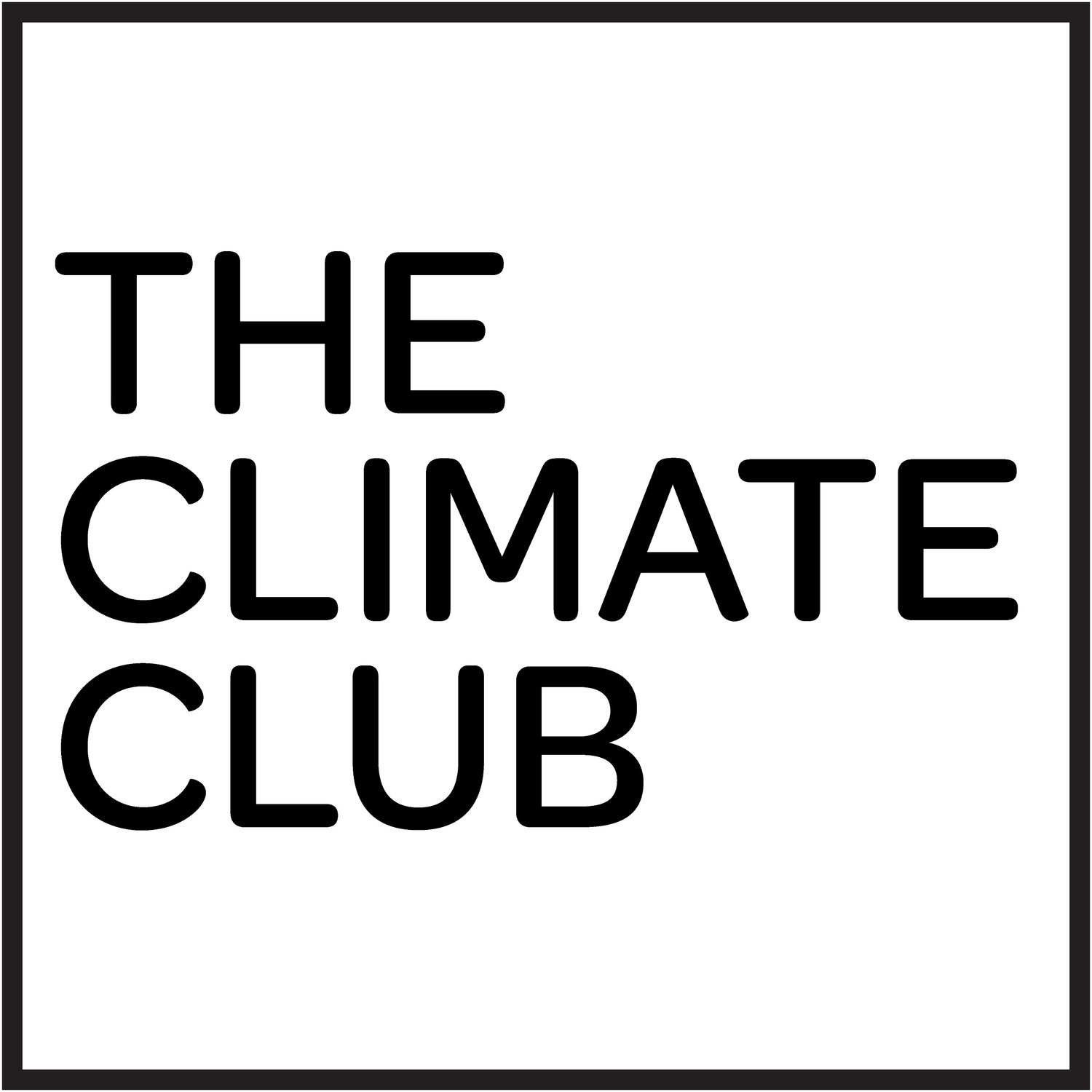What is the Blue Economy and Why Does it Matter?
The world’s oceans are intimately intertwined with the global economy. Ancient civilizations traversed vast lengths of the ocean to reach new islands for trade, navigating only by the night sky, and economies throughout history have relied on fishing to feed their populations. Today, deep-sea oil wells, offshore windfarms, and massive cargo ships all utilize the ocean to support today’s global economies through the production of energy and the transportation of goods.
The economic provisions from and reliance upon the ocean have been called the “Blue Economy” by economists and researchers. The World Bank defines the Blue Economy as the "sustainable use of ocean resources for economic growth, improved livelihoods, and jobs while preserving the health of ocean ecosystem."
Economic activity that utilizes oceans can be highly sustainable and environmentally friendly if monitored properly and used in moderation. Shipping by sea, which contributes heavily to greenhouse gas emissions globally, is still the most environmentally friendly way to get goods from one side of the world to another. Strong trade is linked to better global and public health outcomes. Oceans also offer the greatest potential for wind energy generation, as average wind speeds over the ocean far exceed those over land by over five times. Finally, it is estimated that over 870 million people rely on the oceans as a source of food, which constitutes about 12% of the world’s population. All of these factors point toward the conclusion that ocean-related activity is essential for human life.
Unfortunately, recent utilization of the ocean’s resources has led to significant sustainability issues. Overuse of ocean resources leads to consequences like overfishing, wherein the number of fish taken from the ocean cannot be sustained by the rate of their reproduction. Overfishing has significant global health issues, as this food source is responsible for a majority of the nutrition of low- and middle-income countries.
Related to overuse is a rise in the global population. As more and more people inhabit the earth, there are more general needs. This in turn leads to more fishing, more shipping, and the need to generate more energy, all of which (as seen above) heavily rely on oceans and the Blue Economy.
Most significant to the changes in the Blue Economy is climate change. The effects of the warming planet on oceans are well-documented, with key outcomes being increased ocean temperatures, further acidification of the ocean, and coastal flooding. Addressing such affects through mitigation will be necessary for the continued symbiotic relationship between the ocean and humankind.

